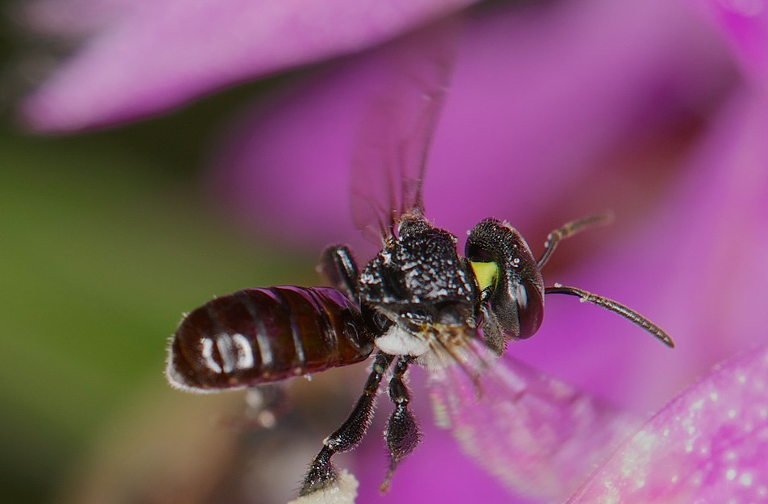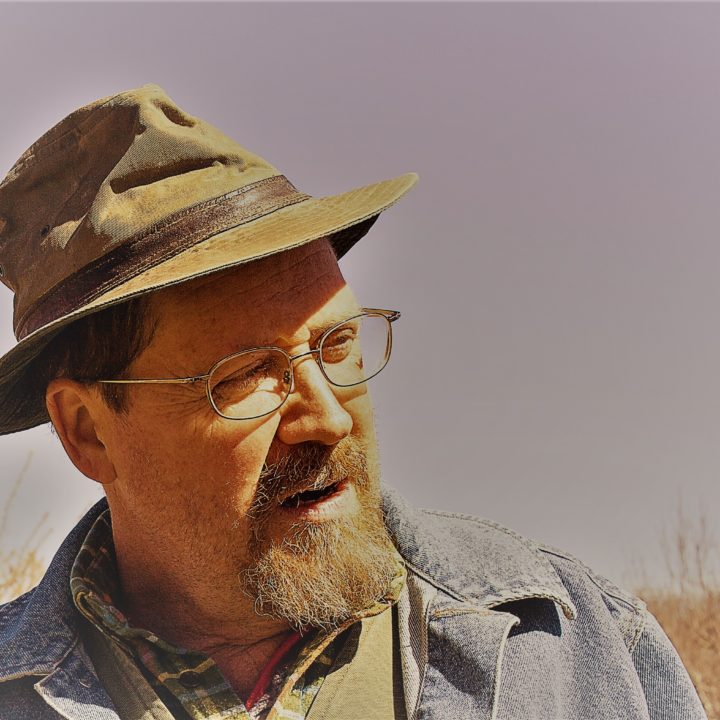Amongst the sea of photographs and notes on our fridge is a magnet holding up a photo of nephews and nieces. It reads, “Try Organic Food! Or, as your grandparents called it, Food!” Such is the excitement in our lives that we frequently laugh when we see it. Just as often, we reference it in our conversations about the world of technology we live in.
Usually the conversations’ theme is something along the lines of how reliant we all have become on technology as a substitute for observation — how the abandonment of, in the words of Wes Jackson, “eyes to acres” shortcuts our overall understanding of our individual lands (e.g., applying a chemical spray when closer scrutiny might have yielded a different and less harmful alternative). No doubt, shortcuts can be useful; nothing is inherently wrong with them. Yet is there even one among us who would prefer to jump directly from birth to old age, skipping all the living that comes in between? It’s the journey, after all, that provides what is needed to understand and enjoy.
The elderly neighbor just over the hill has always planted by the signs. He keeps a close eye on the phases of moon, the signs of the zodiac, the lengths of the days, and what he observes informs his decisions to plant crops, harvest hay, or cut green manure. Planting by the signs is backed by walks on his land, local custom, a lifetime of farming, and generational knowledge from those who came before him.
But, if you have neither the benefit of instruction by an elderly farmer nor the time in your busy life to acquire such skill, help is at hand: A planting by the signs app is available. Another is there to remind you when to rotate your pastures. Having trouble getting out to the garden? Yet another reminds you of when to pick your produce.
It would be funny, this “farming out” of our observational skills, if it weren’t. Our over-reliance on a technical interface undermines our knowledge of our land and environment. The shortcuts of our lives prevent us from taking the time to live our lives. That we have begun to confuse understanding with outsourced expertise is not a surprise. The apps are merely the latest indicator of our disconnect from the natural world.
Last fall, I was standing in the woods with a younger neighbor as we mapped out a fence line on our property boundary. We were looking for the terminus, an old white oak tree, according to the deed. The neighbor whipped out his phone and fired up a survey app. It was all very impressive, the glowing screen clearly marking where the line was, leaving no room for mistake. But as we stood in the quiet woods, eyes glued to the device, something did occur to me. He didn’t know the difference between a red oak and a white oak. There was simply no need. And if there was, well, you and I know the drill: just download a tree identifying app.
A beekeeper friend of Cindy’s uses the power of observation to monitor the state of her hives. To determine whether the colonies have started raising brood, for instance, she watches the incoming foragers to see if they’re bringing in pollen. She knows that brood need pollen to survive, and she knows the foragers won’t gather pollen if there’s nothing to feed it to. She also routinely tracks by sight the direction of flight by the foragers — which, because she intimately knows her surroundings, informs her of the types of pollen being gathered and allows her to predict what plants she can expect to bloom around the same time each year. Of course, if all of that sounds just too time and energy consuming … well, you guessed it, there are some clever bee apps to do the job for you.
This is all well-trod ground: What might we gain if we sacrificed our perpetual drive to outsource every bit of our lived experience, to take the shortcut on every path? I cannot say for sure, but I think it might just be worth finding out.
Teaser photo credit: By Graham Wise from Brisbane, Australia – Tetragonula carbonaria, CC BY 2.0






